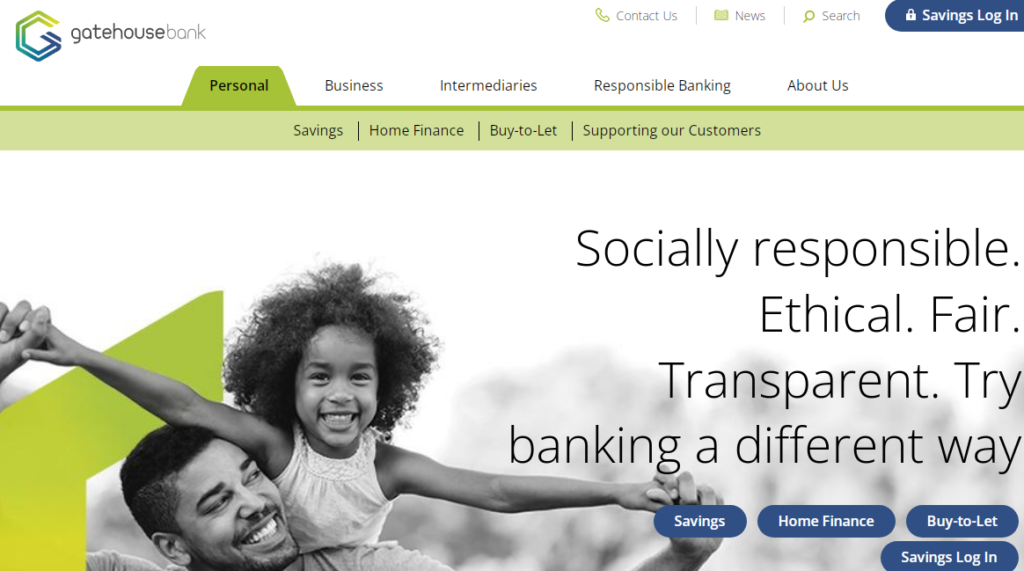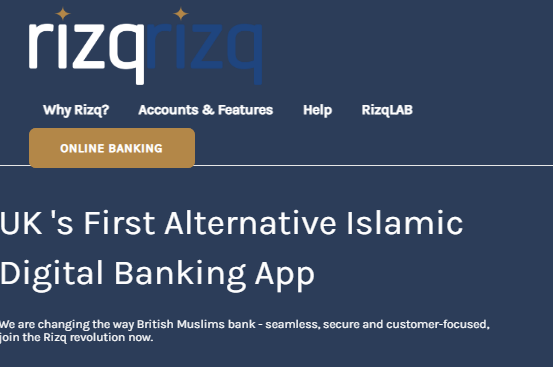The Digital British Islam Finance and Business collection explores the remarkable growth of Islamic financial and business products and services in the UK. The Muslim population, comprising a diverse and economically active demographic, has driven the demand for financial services aligned with Islamic principles. The desire for ethical and Shari’a-compliant financial solutions has created a fertile ground for the growth of Islamic fintech startups and business opportunities.
The United Kingdom has become a global hub for financial technology (fintech) innovation, and within this rapidly evolving landscape, the emergence of Islamic fintech has garnered significant attention. The broader fintech ecosystem in the UK has witnessed rapid technological advancements and a shift towards digital solutions. Islamic fintech leverages these technological developments to provide innovative, user-friendly, and accessible platforms that cater specifically to the needs of Muslim consumers. As the demand for Sharia-compliant financial solutions continues to grow, a wave of innovative startups and established players in the UK is reshaping the financial sector.

The collection is dominated by sites that offer Islamic Mortgages, Shared Ownership, Bridge Finance, Takaful and Shari’a Investment opportunities. These include the likes of Gatehouse Bank, Wayhome, Pfida (formerly Primary Finance) and many others that offer Shari’a-compliant savings, home finance, Buy-to-Let finance and more.
Regulatory bodies in the UK have recognised the potential of fintech to drive financial inclusion. The regulatory support for open banking initiatives has created an environment conducive to the growth of Islamic fintech, encouraging startups to introduce innovative products and services that adhere to Shari’a principles. However, despite the promising growth, Islamic fintech startups in the UK face challenges such as standardising Shari’a principles, maintaining competitive market positions, sustainability issues and balancing innovation with regulatory compliance.
For example, in 2020 there was the launch of Rizq. The CEO Akmal Saleem dubbed it as the “first fully digital Islamic challenger bank in Europe”. However, in 2023 it ceased operations and customer accounts were closed due to risk and compliance issues. Similarly, another digital bank and robo-advisor launched in 2020, MyAhmed also closed for business in 2023. And even more recently saw the temporary closure of MoneeMint founded by Hassan Waqar. He announced on LinkedIn that after a major restructure they will return to market soon. These were not captured in our collection but they are still accessible via the WayBack Machine.

Another key aspect of the collection include those sites that are ‘financial influencers’ in the Muslim marketplace. Financial education is a key driver in influencing financial behaviour and increasing financial literacy. For example, Islamic Finance Guru (IFG) is one of the most prominent financial influencers. They provide product reviews, guides and online courses. Financial education providers act as a bridge between traditional UK Islamic Finance scholars such as Mufti Faraz Adam, Sh Haitham al-Haddad, Mufti Barakatullah and the general Muslim population.

While the growth of Islamic finance service providers in the UK is undeniable, the industry faces challenges such as regulatory compliance, standardisation of Shari’a principles, and increasing market awareness. Collaborations between IFS providers, traditional financial institutions, and regulatory bodies will likely play a crucial role in addressing these challenges. Islamic financial services providers should explore the impact of consumer confusion on the adoption of their services. Many academics have cited numerous causes for consumer confusion arising from product complexity, ambiguous information and advertisements or false product claims, nontransparent pricing and poor product manuals.
